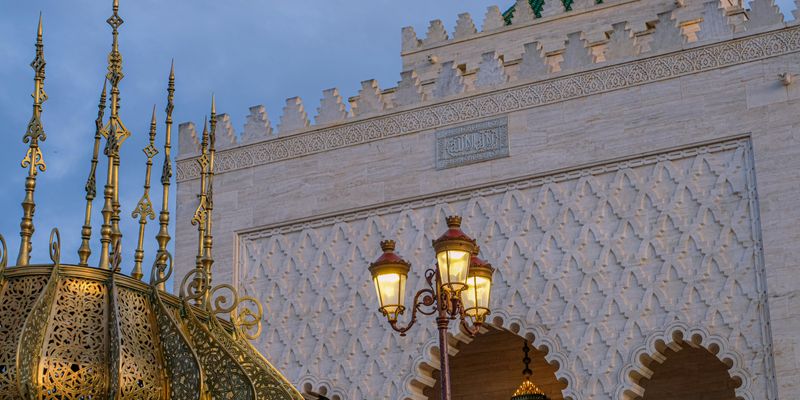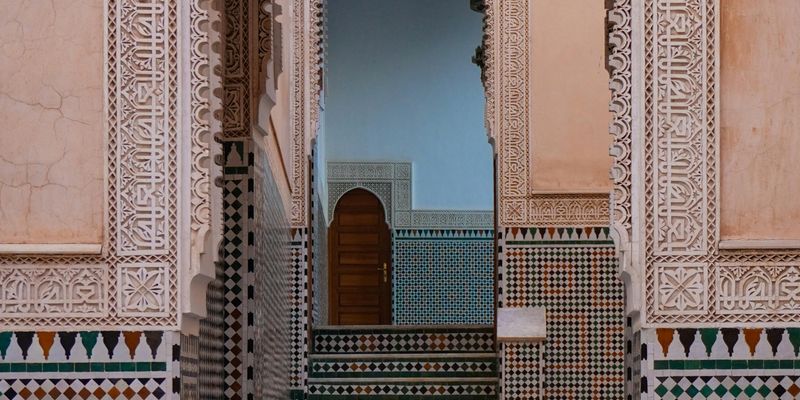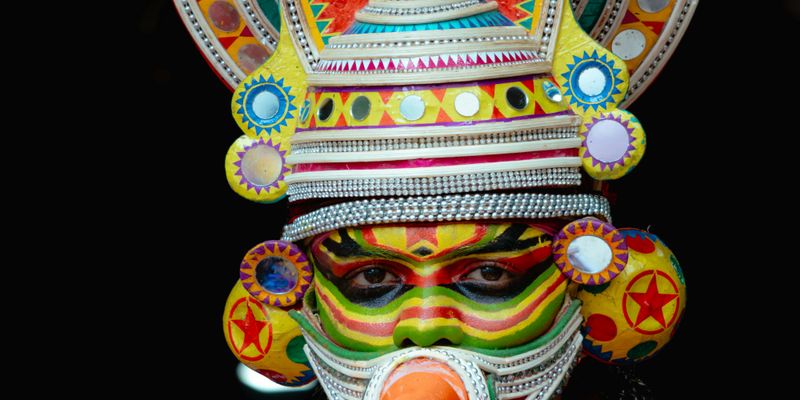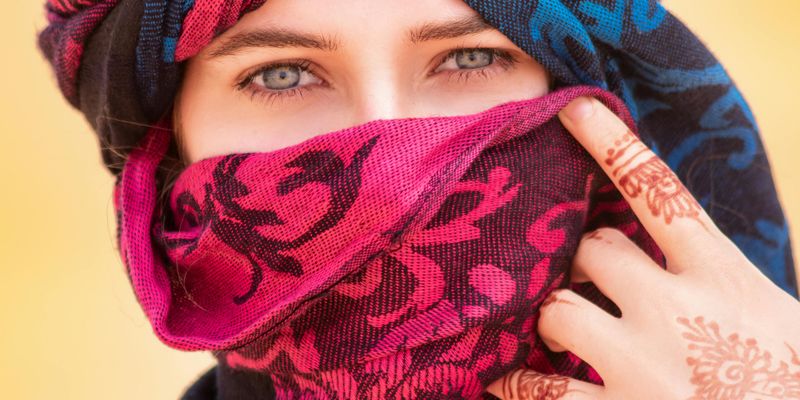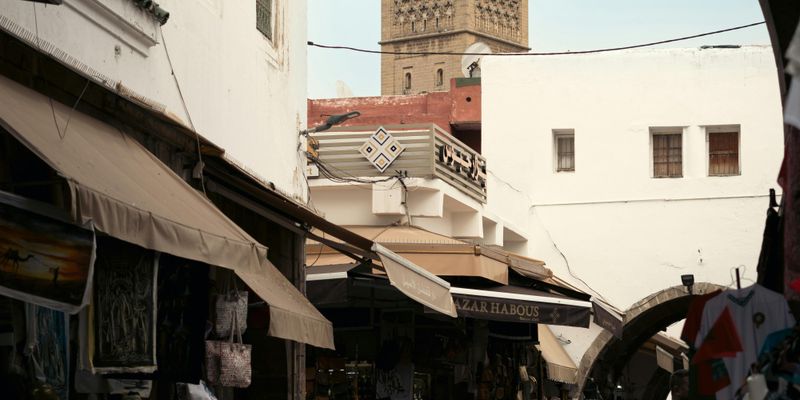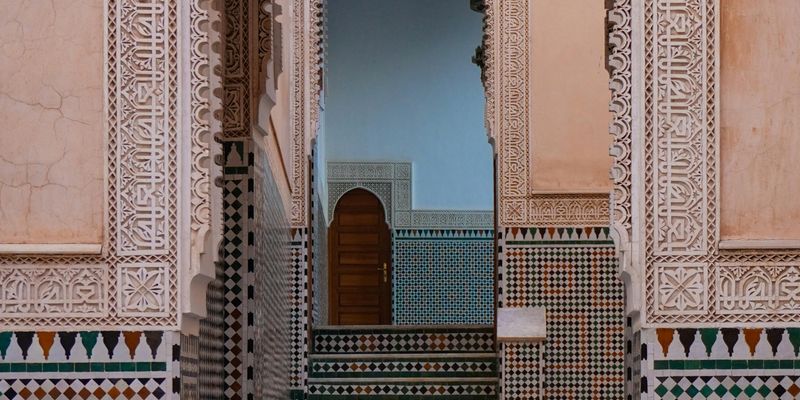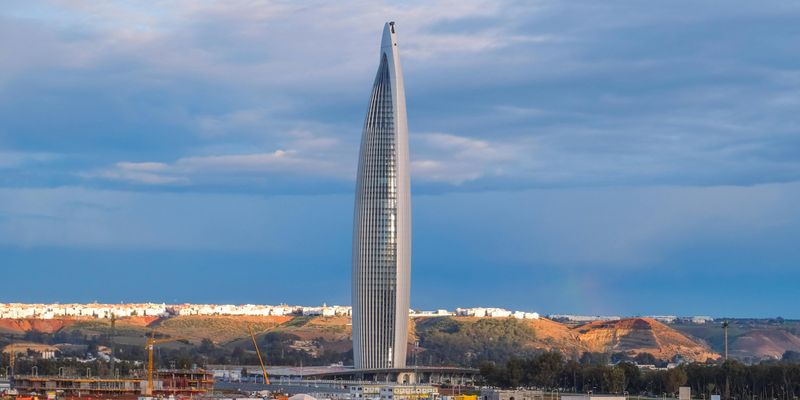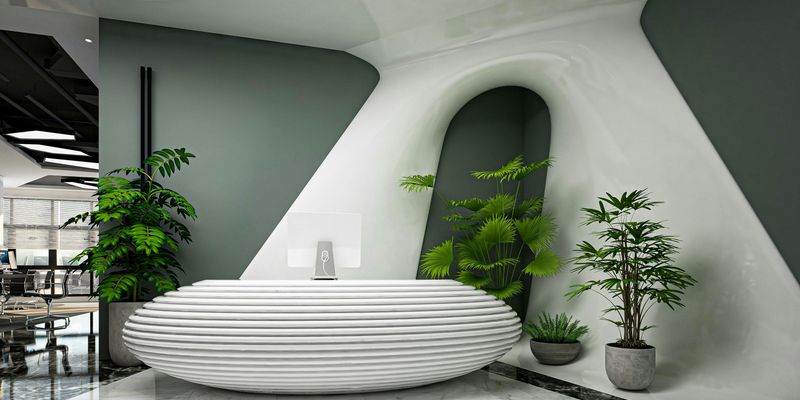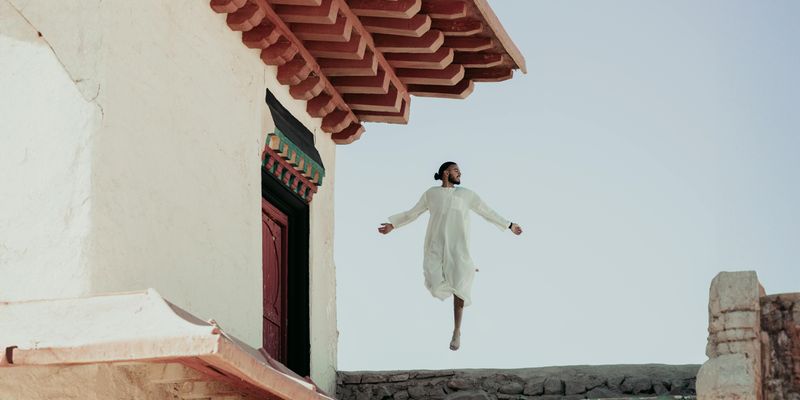
Welcome to Morocco: A Land of Timeless Treasures
When you think of Morocco, what comes to mind? Perhaps the majestic Atlas Mountains, the buzzing souks of Marrakech, or the tranquil blue streets of Chefchaouen. Yet, beneath these picturesque landscapes lies a rich cultural heritage that is as diverse as its terrain. In this post, I invite you to embark on a journey to discover Morocco’s rich tapestry of history, artistry, and enduring traditions—a journey like no other.
The Heartbeat of Moroccan Culture
Moroccan culture is a fusion of Berber, Arab, and French influences, creating a vibrant mosaic that reflects the country’s complex history. The Berbers, known as "Amazigh" in their own language, are the indigenous people of Morocco. You can spot their presence in the picturesque villages of the Atlas Mountains, where traditional lifestyles still thrive. Walking through these villages, you might hear the melodies of the "guembri," a traditional string instrument, or catch a glimpse of women weaving exquisite rugs, a craft that has been passed down through generations.
Historic Marvels: A Walk Through Time
Every corner of Morocco has a story to tell. Take Fes, for instance, home to the world’s oldest university, Al Quaraouiyine, founded in 859 AD. The city’s medina is a UNESCO World Heritage site, with narrow alleys alive with the resonant calls of artisans, hawkers, and the sweet scent of spices wafting through the air. Here, time stands still, inviting you to explore ancient libraries, traditional tanneries, and intricate mosaics that might just inspire your own creativity.
Mosaic of Faiths
As you traverse the country, you will also discover a unique amalgamation of faiths. The blend of Islam, Judaism, and Christianity has shaped our cultural and spiritual landscape, manifesting in the architecture of synagogues, churches, and mosques that showcase stunning artistry. The beautiful Hassan II Mosque in Casablanca, with its soaring minaret and intricate tile work, represents the pinnacle of Islamic architecture in Morocco, welcoming believers and visitors alike.
The Art of Moroccan Hospitality
One cannot speak of Moroccan culture without mentioning our legendary hospitality or what we like to call "Rif el-Jouef"—the spirit of generosity. Upon entering a Moroccan home, you will be greeted with a warm "Marhaba" and often served a glass of mint tea, known as "Atay". This ritual, which involves brewing gunpowder green tea and sweetening it with fresh mint, is more than just a drink; it signifies friendship and respect, making you feel at home as you share stories and laughter.
Taste the Heritage
As an essential part of our cultural identity, Moroccan cuisine is a feast for the senses. You simply cannot leave without savoring a dish of tagine or couscous—flavors infused with spices like saffron and cumin that tell tales of trade routes from lands far and wide. Each bite is a testament to our history, where the exchange of goods and ideas enriched our culinary landscape. Street food in cities like Marrakech also offers a sensory experience—from sizzling skewers of brochettes to sweet pastries filled with almond paste—immersing you in the local culture as you dine al fresco alongside locals.
Conclusion: A Personal Journey Awaits
In conclusion, my dear readers, discovering Morocco's rich cultural heritage is not just an exploration of the past; it’s an invitation to embrace a present teeming with life, artistry, and opportunity. Whether you are wandering through ancient ruins, enjoying a cozy meal with newfound friends, or losing yourself in the vibrant colors of our souks, each moment creates lasting memories that connect you to the heart of Morocco.
So, pack your bags and let your senses be your guide. A journey through Morocco awaits you—one that promises to open your heart and broaden your horizons. Until next time, or as we say, "B'slama"—goodbye, and safe travels on your adventures!
